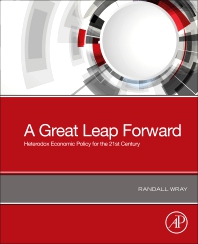
Publications
Research Project Reports
| June 2022
Assessing the Impact of Childcare Expansion in Mexico
Time Use, Employment, and Poverty
There is broad consensus in both research and policy circles that one of the key reasons for a lack of progress in reducing gender gaps in employment and wages is the persistent gender imbalance in unpaid work, three-quarters of which is performed by women. Universal access to quality care services enables the reduction of this unpaid care work through its redistribution from the domestic sphere to the public sphere, with empirical studies from different regions and countries demonstrating that access to services (in particular, childcare services) substantially increases female labor force participation and labor market attachment. Furthermore, a series of recent empirical studies show that access to care also creates new demand for female employment: increasing public spending on care is found to generate two-to-three times the number of new jobs per dollar than spending on sectors such as construction.
This research project report focuses on Mexico and builds on previous studies for Turkey, Ghana, and Tanzania by constructing a combined time-use and income-employment dataset for Mexico to evaluate the net effects a proposed childcare expansion could have on earnings and work hours and their concomitant impact on time and income poverty by gender, with results indicating that the employment creation achieved through increased social care spending reduces gender employment gaps while also helping to alleviate the twin deprivations of time and income poverty.
This research project report focuses on Mexico and builds on previous studies for Turkey, Ghana, and Tanzania by constructing a combined time-use and income-employment dataset for Mexico to evaluate the net effects a proposed childcare expansion could have on earnings and work hours and their concomitant impact on time and income poverty by gender, with results indicating that the employment creation achieved through increased social care spending reduces gender employment gaps while also helping to alleviate the twin deprivations of time and income poverty.
Download:
Associated Program(s):
The Distribution of Income and Wealth
Gender Equality and the Economy
The Levy Institute Measure of Time and Income Poverty
Gender Equality and the Economy
The Levy Institute Measure of Time and Income Poverty
Author(s):

